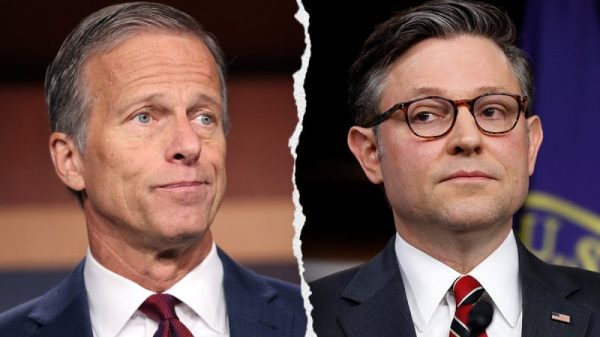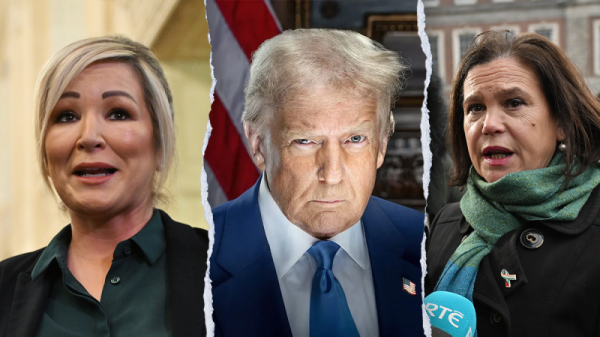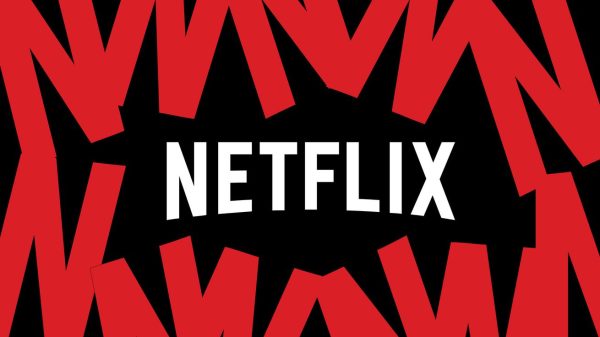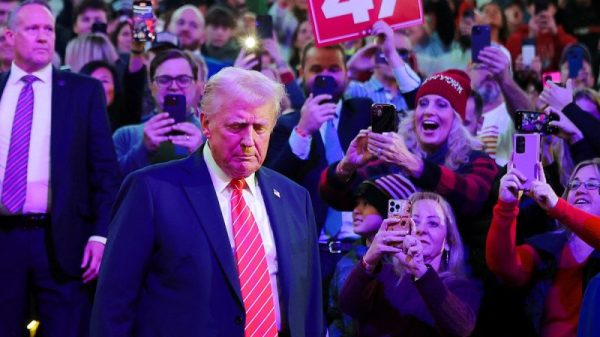The Federal Trade Commission (FTC) recently announced that it was requesting comments about “technology platform censorship.” The FTC letter suggests that social media content moderation may somehow be an unfair or deceptive trade practice or anti-competitive to justify the FTCs meddling in content moderation.
But this framing of content moderation as censorship and the FTC as somehow protecting free speech is highly flawed. Indeed, it is entirely backward. Social media companies have the right (as confirmed by the Supreme Court last term in the Net Choice cases) to moderate their content as they see fit. When they choose to remove, demote, fact-check, or otherwise moderate content, companies are exercising their First Amendment to determine what kinds of speech they want to host and distribute, not to mention being protected from liability for such moderation by Section 230 of the Communications Act. And these companies often have rules or content policies in place that have been subject to significant internal debate about where to draw those lines. This was my job when I worked on Meta’s content policy team for four years.
A good way to think about social media content moderation and curation is to think of social media companies as bookstores. They generally aren’t writing books or online speech themselves (although they could) but they host and distribute the speech of others. A bookseller has the right to determine which books to sell and which to not carry, how to organize its bookshelves, which books to feature prominently and which books to place on the very back shelves, which books it chooses to advertise, and which books it might restrict access to.
The editorial decision of a bookstore to carry some books and not carry others books is an essential use of free expression. Christian bookstores can’t be required to sell smut. A Muslim bookstore does not need to sell a Hebrew Torah, a Catholic prayer book, or a history of Hinduism. Children-focused bookstores don’t need to carry adult-themed books. Bookstores owned by progressives don’t need to sell conservative books, nor do conservative-owned stores need to provide progressive books. Booksellers could choose to sell books they have or haven’t read based on the advice of others or bestseller lists. And no one has a right to demand that a bookstore sell their books.
Some of these decisions are based on what is best for business, while many are explicitly based on viewpoint. In the same way, social media companies must decide which content to allow, which to recommend, which to demote, and which to remove. Their decisions, whether carried out by a human moderator or a computer algorithm, ultimately try to reflect the expressive and business interests of the company to create a certain kind of online community.
The FTC’s questions seem to recognize that merely railing against social media moderation in the face of the NetChoice decision isn’t sufficient, and so they have a related line of inquiry: did the social media companies fairly, transparently, and consistently apply their policies to their users? There is no doubt that applying your policies in a clear and fair manner is probably a good business practice. But even if companies aren’t transparent and consistent, that doesn’t remove their expressive rights.
For example, social media companies may have rules against hate speech but choose to not be very transparent about how they define hate speech, resulting in users being confused about what kind of speech is forbidden or allowed. This sounds like a bad user experience, but that doesn’t mean that a social media company loses its right to moderate speech any more than a bookseller loses its right to choose its books if it fails to clearly inform buyers of how it curates its selection.
Nor does the platform need to be consistent in how it applies its policies to secure its First Amendment rights. It may decide to moderate content one way today and then change its policy tomorrow and then change it again the next day. It may say that something is allowed, but then remove it anyway, either due to a mistake (which, since billions of pieces of content are being posted online each day, means a lot of mistakes are being made as it is impossible to perfectly read and moderate every piece of content) or because it has some secret internal policies that create exceptions to its public policies. It may allow one group or perspective to speak in certain ways, but disallow it when another group or perspective speaks in a similar manner.
Some social media companies specifically appeal to certain groups and so their moderation may favor those groups. Or these inconsistencies could just be bad business practices. But whether they are purposeful, ideological decisions, or just mistakes, that business has the right to make those curation decisions. Bookstores may accidentally host a book that goes against their values or refuse to sell a book for ideological reasons even though it doesn’t seem to an outsider observer to violate the stated rules of the bookstore. Booksellers are allowed to curate books in an erratic, changing, and ideological way, and their expressive rights are no weaker for it.
To be clear, for a while many social media platforms were increasingly removing speech that many users felt was important social or political speech. I personally believe that a more vibrant culture of free expression across our society is a good thing, and I’ve been happy to see a move toward greater expression on some platforms. But while I have and will continue to argue for greater expression within our society, my opinion on what speech a platform should allow online is just that, my opinion. And it’s no different than the FTC commissioners. They may have opinions on the speech that platforms should carry and how they should best moderate content, but they have no power over the expressive decisions of online platforms.
To give them this power would be to grant the government immense power over countless expressive organizations. Social media platforms, bookstores, publishing companies, newspapers, small and independent news organizations, streaming services and video game platforms, and other marketplaces that sell expressive products could be punished for failing to moderate or distribute content as the FTC sees fit. And while those on the right may cheer this today, it’s not too hard to imagine a world where a left-wing administration forces progressive values in content moderation on hate speech, misinformation, and all sorts of other topics—just see what’s happening in Europe today.
The FTC’s request for comment fundamentally misunderstands content moderation and curation and seeks to substitute government power for free expression. Americans of all politics should reject this Orwellian doublethink.






























